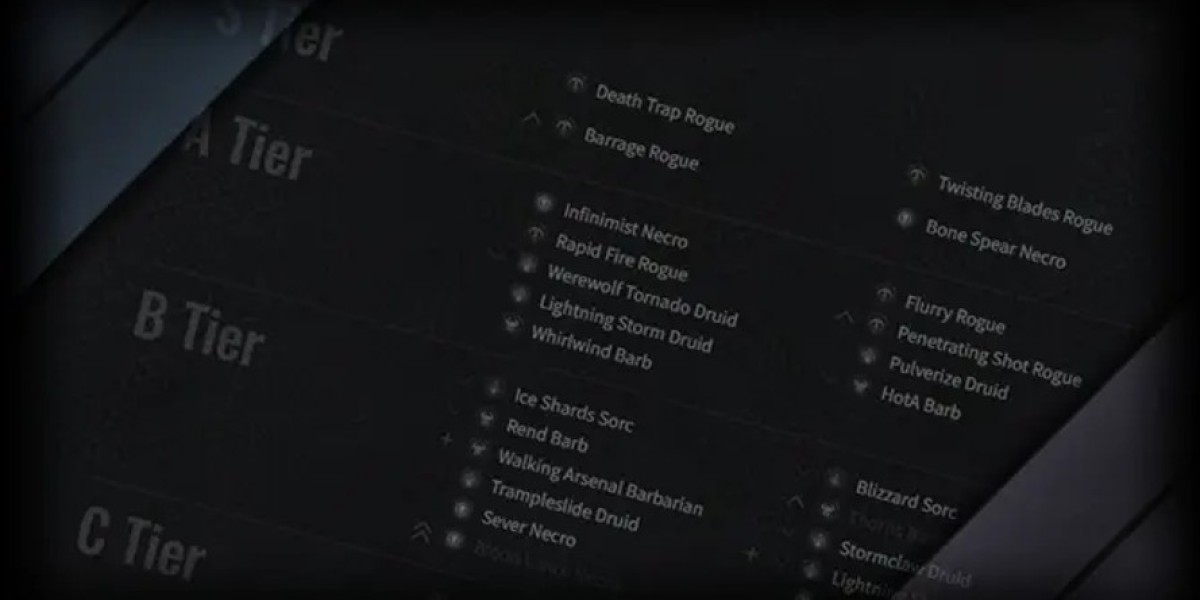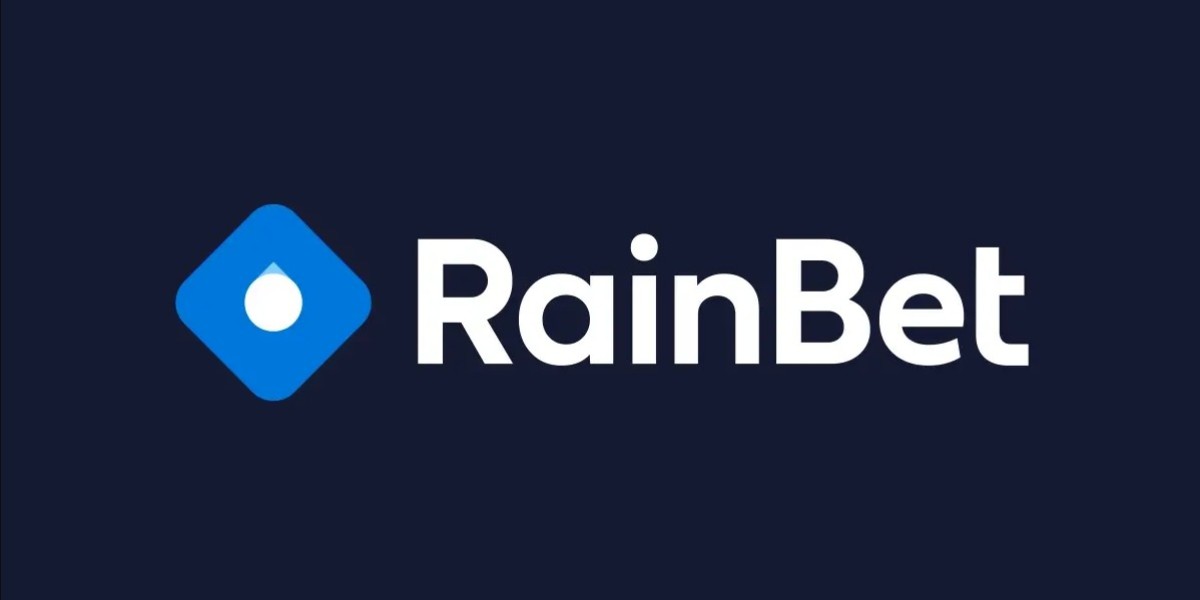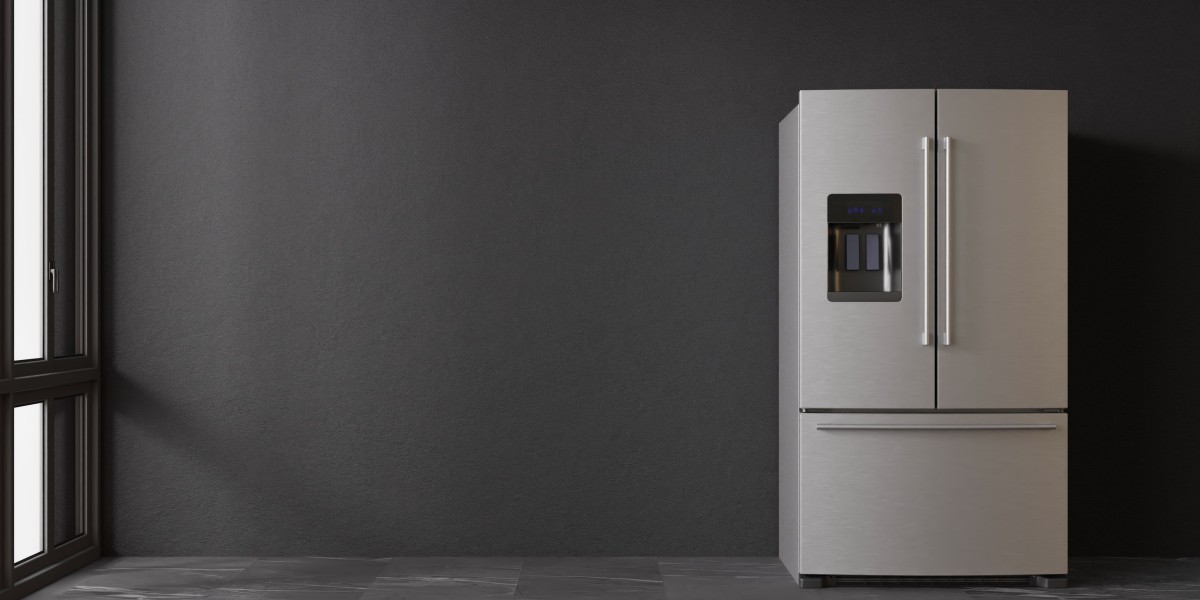Indonesia firmly insists B40 biodiesel execution to proceed on Jan. 1
Industry participants seeking phase-in period expect progressive intro

Industry deals with technical obstacles and cost issues
Government financing concerns occur due to palm oil cost variation
JAKARTA, Dec 18 (Reuters) - Indonesia's strategy to expand its biodiesel mandate from Jan. 1, which has fuelled issues it might curb worldwide palm oil products, looks progressively likely to be carried out gradually, analysts stated, as market participants look for a phase-in duration.
Indonesia, the world's greatest manufacturer and exporter of palm oil, plans to raise the obligatory mix of palm oil in biodiesel to 40% - called B40 - from 35%, a policy that has triggered a dive in palm futures and might pressure prices further in 2025.
While the federal government of President Prabowo Subianto has actually stated repeatedly the plan is on track for complete launch in the new year, market watchers say expenses and technical difficulties are likely to result in partial implementation before complete adoption across the sprawling archipelago.
Indonesia's greatest fuel merchant, state-owned Pertamina, said it needs to customize some of its fuel terminals to blend and save B40, which will be finished throughout a "transition duration after government establishes the required", spokesperson Fadjar Djoko Santoso told Reuters, without offering details.
During a meeting with federal government officials and biodiesel manufacturers last week, fuel sellers requested a two-month transition period, Ernest Gunawan, secretary general of biofuel manufacturers association APROBI, who remained in presence, informed Reuters.
Hiswana Migas, the fuel retailers' association, did not instantly react to a demand for remark.
Energy ministry senior official Eniya Listiani Dewi told Reuters the mandate hike would not be implemented gradually, and that biodiesel producers are prepared to provide the greater blend.
"I have validated the readiness with all manufacturers last week," she said.
APROBI, whose members make fat methyl ester (FAME) from palm oil to be mixed with diesel fuel, stated the government has not issued allotments for manufacturers to offer to fuel sellers, which it normally has done by this time of the year.
"We can't deliver the products without order files, and purchase order files are acquired after we get contracts with fuel companies," Gunawan informed Reuters. "Fuel business can only sign contracts after the ministerial decree (on biodiesel allocations)."

The government prepares to designate 15.62 million kilolitres (4.13 billion gallons) of FAME for B40 in 2025, Eniya informed Reuters, less than its initial quote of 16 million kilolitres.
FUNDING CHALLENGES
For the government, funding the greater blend might likewise be a difficulty as palm oil now costs around $400 per metric lot more than crude oil. Indonesia utilizes proceeds from palm oil export levies, handled by a company called BPDPKS, to cover such spaces.
In November, BPDPKS estimated it needed a 68% increase in aids to 47 trillion rupiah ($2.93 billion) next year and estimated levy collection at around 21 trillion rupiah, fuelling market speculation that a levy walking looms.
However, the palm oil market would challenge a levy hike, said Tauhid Ahmad, a senior expert with think-tank INDEF, as it would injure the industry, including palm smallholders.
"I think there will be a hold-up, due to the fact that if it is carried out, the subsidy will increase. Where will (the money) originate from?" he said.
Nagaraj Meda, managing director of Transgraph Consulting, a product consultancy, stated B40 implementation would be challenging in 2025.
"The implementation may be sluggish and steady in 2025 and most likely more busy in 2026," he said.
Prabowo, who took workplace in October, campaigned on a platform to raise the required even more to B50 or B60 to achieve energy self-sufficiency and cut $20 billion of yearly fuel imports. ($1 = 16,035.0000 rupiah) (Reporting by Bernadette Christina; Editing by Tony Munroe and Lincoln Feast.)








